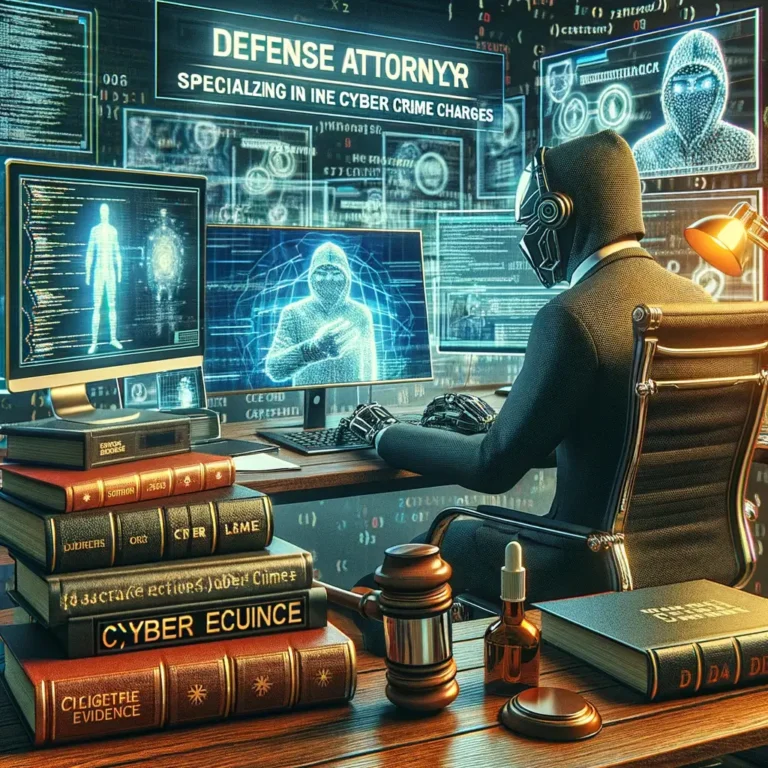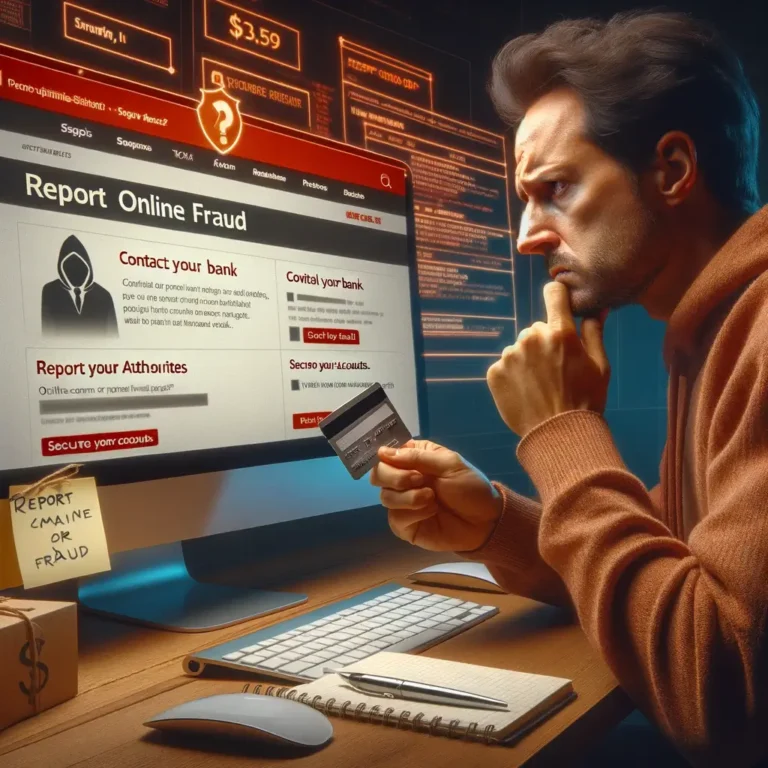In this article we have explained about Cybercrime Legal Defense Strategies In Indian Courts
Introduction to Cybercrime Defense in India
In today’s digital era, the surge in internet usage has led to an increase in cybercrime cases in India. Cybercrimes include unauthorized access to computer systems, data theft, cyberstalking, and more. The Indian legal system has adapted to these challenges by implementing laws and regulations to combat cybercrime. However, for individuals accused of such crimes, navigating the legal waters can be daunting. This article explores effective legal defense strategies in Indian courts to handle accusations of cybercrime.
Understanding Cybercrime Laws in India
The IT Act 2000 and Amendments
The cornerstone of cybercrime legislation in India is the Information Technology (IT) Act, 2000, along with its amendments. It outlines what constitutes cybercrime and the penalties associated with it. Familiarizing oneself with the provisions of the IT Act is the first step in formulating a defense.
Key Provisions Relevant to Defense
- Section 66: Deals with computer-related offenses
- Section 67: Pertains to publishing or transmitting obscene material in electronic form
Knowing the specific sections under which one is charged can help in tailoring a defense strategy.
Cybercrime Legal Defense Strategies In Indian Courts
Gathering Evidence
Collecting digital evidence is crucial. This includes logs, IP addresses, and timestamps that can prove the innocence of the accused or demonstrate lack of intent.
Proving Lack of Intent
Many cybercrime charges hinge on the intent behind the actions. Demonstrating a lack of malicious intent can significantly impact the outcome of a case.
Challenging the Authenticity of Digital Evidence
Digital evidence can be manipulated. Questioning the integrity and authenticity of the evidence presented by the prosecution can form a strong defense.
Technical Expertise
Hiring a cyber forensics expert can provide the technical know-how needed to challenge the prosecution’s claims and present an effective defense.
Legal Precedents and Expert Testimonies
Utilizing Precedents
Citing previous rulings on similar cases can support your defense strategy. Legal precedents play a significant role in Indian courts.
Expert Testimonies
Expert witnesses in cybersecurity can validate the defense’s claims regarding the technical aspects of the case.
Conclusion: Navigating Cybercrime Accusations
Facing cybercrime charges in India requires a nuanced understanding of the IT Act, a strategic approach to evidence, and the utilization of technical and legal expertise. By challenging the authenticity of digital evidence, demonstrating a lack of intent, and leveraging expert testimonies, defendants can effectively defend themselves in court.
FAQ on Cybercrime Legal Defense Strategies in Indian Courts
1. What is cybercrime under Indian law?
Cybercrime in India includes unauthorized access to computer systems, data theft, virus attacks, cyberstalking, and identity theft, as defined under the Information Technology (IT) Act, 2000.
2. Which law governs cybercrime in India?
The Information Technology (IT) Act, 2000, along with its subsequent amendments, is the primary law governing cybercrime in India.
3. Can I be prosecuted for accidentally downloading illegal content?
Accidental downloading may not lead to prosecution if you can prove the lack of intent; however, it’s important to demonstrate that there were no subsequent illegal actions taken with the content.
4. How can I defend myself against cybercrime charges?
Defending against cybercrime charges involves gathering digital evidence, demonstrating lack of intent, challenging the authenticity of the prosecution’s evidence, and possibly hiring a cyber forensics expert.
5. What is digital evidence?
Digital evidence includes electronic data like logs, IP addresses, timestamps, emails, and digital documents that can prove the events or actions taken by individuals online.
6. How important is intent in a cybercrime case?
Intent is crucial in cybercrime cases, as many charges depend on proving that the accused acted with malicious intent.
7. Can digital evidence be challenged in court?
Yes, the authenticity and integrity of digital evidence can be challenged, especially if there’s a possibility of manipulation or if the evidence was not properly handled or preserved.
8. What role does a cyber forensics expert play in defense?
A cyber forensics expert can analyze digital evidence, identify technical flaws in the prosecution’s case, and provide expert testimony to support the defense.
9. Are there any specific defenses against cyberstalking charges?
Defenses against cyberstalking include proving lack of intent, demonstrating that the actions were misconstrued, or that the accused was not responsible for the alleged conduct.
10. What is the penalty for cybercrime in India?
Penalties vary based on the offense, ranging from fines to imprisonment, as detailed in the IT Act, 2000.
11. Can ignorance of the law be a defense in cybercrime cases?
Ignorance of the law is generally not considered a valid defense in cybercrime cases.
12. How can I prove my innocence in a cybercrime case?
Proving innocence may involve showing lack of intent, absence at the time of the crime, or that your devices were compromised.
13. What if someone else used my network to commit a cybercrime?
If someone else used your network, you need to prove that you were not the perpetrator and that your network was used without your knowledge.
14. Can deleted digital evidence be recovered for my defense?
Yes, cyber forensics experts can often recover deleted digital evidence to support your defense.
15. Is it necessary to hire a lawyer specialized in cyber law?
While not mandatory, hiring a lawyer specialized in cyber law can significantly improve your chances of a favorable outcome due to their expertise in the field.
16. Can minors be charged with cybercrime?
Yes, minors can be charged with cybercrime, but the legal proceedings and penalties may differ based on their age.
17. What is the role of IP addresses in cybercrime defense?
IP addresses can help establish the source of a cybercrime, potentially exonerating someone if the IP address does not match theirs.
18. How can I safeguard against being falsely accused of cybercrime?
Maintain security measures, monitor your network, and keep records of your online activity to safeguard against false accusations.
19. What is the significance of timestamps in cybercrime defense?
Timestamps can prove when certain actions were taken, helping to establish an alibi or refute the timing of the crime.
20. Can VPN usage affect my cybercrime defense?
Using a VPN can complicate tracing the origin of online activities, but it doesn’t necessarily impact your defense if you can prove your innocence through other means.
21. How do amendments to the IT Act affect cybercrime defense?
Amendments can introduce new provisions or penalties, affecting defense strategies, so staying updated on legal changes is crucial.
22. Can social media posts be used as evidence in cybercrime cases?
Yes, social media posts can be used as evidence, making it important to be cautious about online activities.
23. What if the cybercrime was committed from my device without my knowledge?
You’ll need to prove that your device was compromised and used without your consent.
24. How long do cybercrime cases typically last in Indian courts?
The duration varies widely depending on the case complexity, from a few months to several years.
25. Can I be extradited to India for a cybercrime committed in another country?
Yes, if there’s an extradition treaty between India and the country where the crime was committed, and the crime is recognized by both.
26. How are international cybercrimes prosecuted in India?
International cybercrimes are prosecuted under the IT Act, with cooperation from international law enforcement agencies.
27. What is the first step I should take if accused of cybercrime?
Consulting a legal professional specialized in cyber law should be your first step.
28. Can encryption be considered evidence of intent to commit cybercrime?
Not necessarily; encryption is a common security measure, but its context of use can be scrutinized.
29. What are the consequences of a cybercrime conviction?
Consequences include fines, imprisonment, and a criminal record, impacting future employment and personal rights.
30. How can I keep updated on cybercrime laws and defenses in India?
Follow legal updates, attend cybersecurity seminars, and consult with cyber law professionals to stay informed.
















